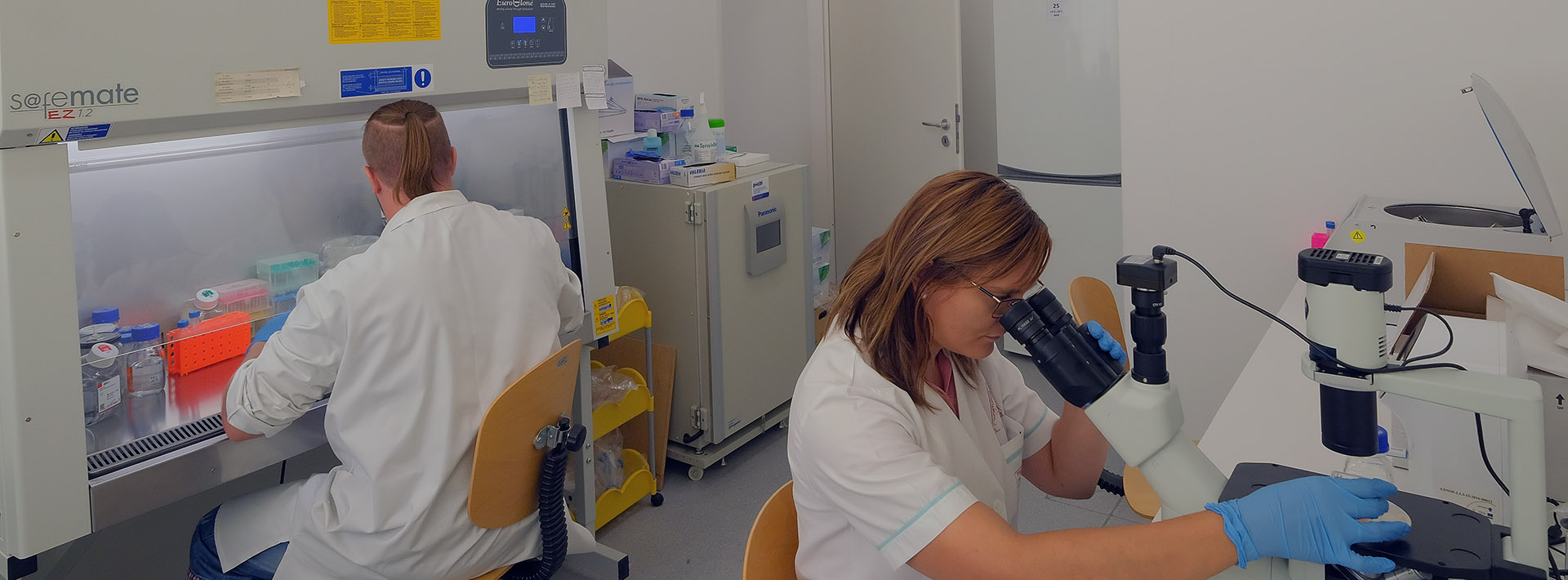Data
Official data in SubjectManager for the following academic year: 2024-2025
Course director
-
Szőke Éva
associate professor,
-
Number of hours/semester
lectures: 28 hours
practices: 0 hours
seminars: 0 hours
total of: 28 hours
Subject data
- Code of subject: OBI-001-T
- 2 kredit
- Biotechnology MSc
- Specialty in Pharmaceutical Biotechnology modul
- autumn
-
Course headcount limitations
min. 5 – max. 30
Topic
The aims of the course are: showing the history of the drug research and modes of the drug development, presenting information about the phases of rational drug design, from the plan of the molecules to clinical trials.The aim of the course is to provide an overview of drug development and introduce its methodology. The students will hear about rational drug design, starting from molecular design to clinical tirals. General pharmacology: Farmakokinetics, absorption, repartition, biotransformation, excretion. Farmakodinamics, drug binding targets, receptors, efficacy studies. Detection of the effects at various levels (molecular, cell, organ, organism). Dose dependency. Drug selectivity and safety. Tolerance. Drug interactions. Products suitable for gene therapy and their pharmacological characteristics. Immune pharmacology: target molecules of biotechnological products that influence the immune system. Monoclonalis antitestek, citokinek farmakoterápiás hatásai, mellékhatásai. Unexpected inflammation and allergic reactions. Citokine release syndrome. Oncopharmacology: Monoclonal antibodies, colony stimulating factors, interleukins in pharmacotherapy, side-effects. Fermentation of Antibiotics, antifungals, antivirals and their pharmacology. Pharmacotherapy of endokrin diseases using recombinant hormones and peptides. Optimization of results. Pharmacological products prepared from human blood. Production and quality control of cellular products suitable for human therapy.
Lectures
- 1. History of drugs - Szőke Éva
- 2. History of drugs - Szőke Éva
- 3. Strategies of drug development - Szőke Éva
- 4. Strategies of drug development - Szőke Éva
- 5. Target validation - Szőke Éva
- 6. Target validation - Szőke Éva
- 7. High throughput screening - Szőke Éva
- 8. High throughput screening - Szőke Éva
- 9. Preclinical testing - Szőke Éva
- 10. Preclinical testing - Szőke Éva
- 11. Preclinical testing - Szőke Éva
- 12. Preclinical testing - Szőke Éva
- 13. Mechanisms of drug actions - Csekő Kata
- 14. Mechanisms of drug actions - Csekő Kata
- 15.
Quantitative pharmadynamics
- Szőke Éva - 16.
Quantitative pharmadynamics
- Szőke Éva - 17. Pharmacokinetic aspects of drug development - Csekő Kata
- 18. Pharmacokinetic aspects of drug development - Csekő Kata
- 19. Pharmacokinetic aspects of drug development - Csekő Kata
- 20. Pharmacokinetic aspects of drug development - Csekő Kata
- 21. Toxicity testing - Szőke Éva
- 22. Toxicity testing - Szőke Éva
- 23. Human phase studies - Szőke Éva
- 24. Human phase studies - Szőke Éva
- 25. Human phase studies - Szőke Éva
- 26. Human phase studies - Szőke Éva
- 27. GMP, GLP, GCP - Szőke Éva
- 28. GMP, GLP, GCP - Szőke Éva
Practices
Seminars
Reading material
Obligatory literature
Literature developed by the Department
Notes
Recommended literature
1. Povl Krogsgaard-Larsen, Tommy Liljefors, Ulf Madsen: Textbook of Drug Design and Discovery, 3rd edition, New York, Oxford University Press
2. Edward Harvel Kerns, Li Di: Drug-like Properties: Concepts, Structure Design and Methods: from ADME to Toxicity Optimization, Academic Press, 2008
3. Ronald P. Evens: Drug and Biological Development: From Molecule to Product and Beyond, Springer, 2007
4. Rick Ng: Drugs: From Discovery to Approval, 2nd edition, Wiley-Blackwell, 2008
5. Bert Spilker: Guide to Drug Development: A Comprehensive Review and Assessment, Kluwer, 2008
6.Textbook of Drug Design and Discovery, Third Edition by Povl Krogsgaard-Larsen, Tommy Liljefors, Ulf Madsen, New York, Oxford University Press, 2. Drug-like Properties: Concepts, Structure Design and Methods: from ADME to Toxicity Optimization by Edward Harvel Kerns, Li Di, Academic Press, 2008; 3. Drug and Biological Development: From Molecule to Product and Beyond by Ronald P. Evens, Springer, 2007; 4. Drugs: Fro
Conditions for acceptance of the semester
Obtaining a satisfactory grade in the written exam
Mid-term exams
none
Making up for missed classes
none
Exam topics/questions
written test
Examiners
- Szőke Éva
Instructor / tutor of practices and seminars
- Csekő Kata
- Szőke Éva
